With and By the People: Local Farmers’ Journey to Restore Kenya’s Soil
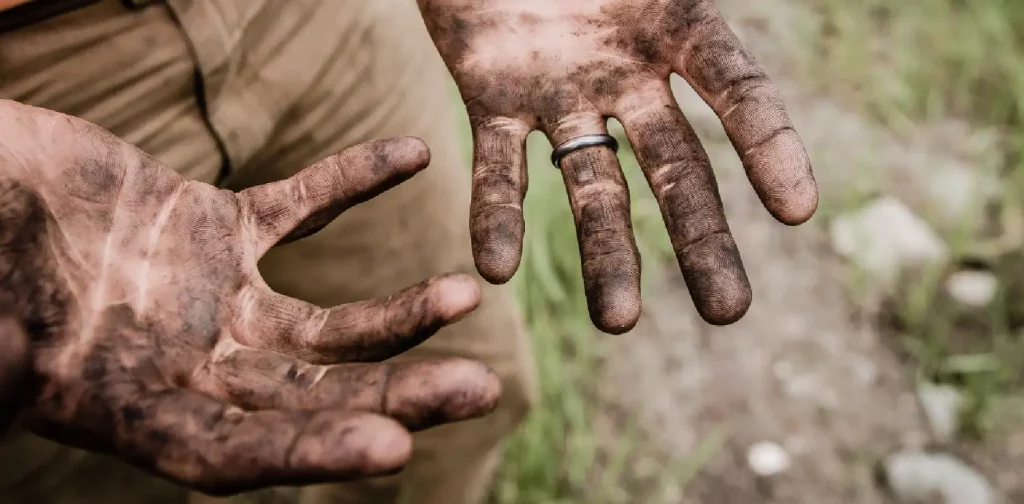
Photo by jesse orrico on Unsplash.
Healthy soil creates a healthy environment. Unfortunately, the current condition of soil worldwide is no longer fit. The good news is: it’s not a hopeless case. In Kenya, local farmers are joining hands with researchers to restore soil health.
Gully Erosion in West Pokot
A healthy soil consists of structures, nutrients, and microorganisms that support the lives of plants, animals, and humans. However, according to FAO, as much as 25% of the land worldwide suffers from degradation. Soil erosion is one of the threats looming over our agricultural productivity and the overall livelihood of the planet.
“Soil degradation, together with increasingly erratic rainfall, makes rain-fed agriculture incredibly problematic. Degraded soils are also low in nutrients. They grow weak plants that are more susceptible to pests and diseases,” said Dr. Beth Medvecky at Cornell University’s International Institute for Food, Agriculture and Development.
In West Pokot County, Kenya, soil erosion has magnified into gullies, which are deep channels formed by running water. The gullies go as far as 15 kilometers long. They are falling hazards for humans and cattle. They also accentuate water scarcity, separate neighbors, and impact farmers’ productivity.
Kenya has been facing a severe food crisis, impacting almost 4.4 million people across the country. Therefore, gully prevention and rehabilitation are increasingly crucial for the country’s food security and climate resilience.
The Drylands Farmer Research Network
In 2014, the Drylands Farmer Research Network (Drylands FRN) began the journey toward transforming Kenya’s landscape for sustainable and resilient agriculture. The group initially consisted of five smallholder farmers who collaborated with the Kenyan Ministry of Agriculture, local administration, local schools, and the University of Eldoret.
Farmers’ participation is the key to this project. Instead of taking a conventional “top-down” approach where researchers tell the farmers what to do, the Drylands FRN aims to include farmers’ essential wisdom and insights regarding their own lands. This includes taking them to the neighboring farms for a comparative land study and allowing farmers to test their own plans.
The Gully Rehabilitation Trust was adopted to mitigate the impacts of gully erosion. This approach involved 385 households spread across five soil and water conservation groups in building sand dam constructions, among many other things. The sand dam constructions are said to improve living conditions by increasing irrigation and reconnecting the neighborhoods in West Pokot. This way, farmers can support a second harvest of their crops and tree nursery, therefore addressing food insecurity and water scarcity.
Opportunities for the Communities
The notion that combating climate change is our collective responsibility has been massively echoed for years. Still, the idea has to be carried out by giving all stakeholders a chance to be directly involved in causes, including local communities.
This year, the Drylands FRN has grown from 5 to 385 farmers whose collective action impacts over 3,000 community members. As Kenya is currently bringing forth efforts to save its soil, agriculture, and environment, the Drylands FRN can be seen as a model of community involvement in climate acts.
Editor: Nazalea Kusuma

If you find this content useful, please consider subscribing to Green Network Asia.
Your subscription will give you access to our interdisciplinary and cross-sectoral insights on sustainability-related issues and sustainable development across the Asia Pacific and beyond, strengthening your personal and professional development while supporting GNA’s financial capacity to continue publishing content dedicated to public education and multi-stakeholder advocacy.
Select Your Subscription Plan
Kresentia Madina
Madina is the Assistant Manager for Digital Publications at Green Network Asia. She graduated from Universitas Indonesia with a bachelor's degree in English Literature. She has three years of professional experience working on GNA international digital publications, programs, and partnerships particularly on social and cultural issues.


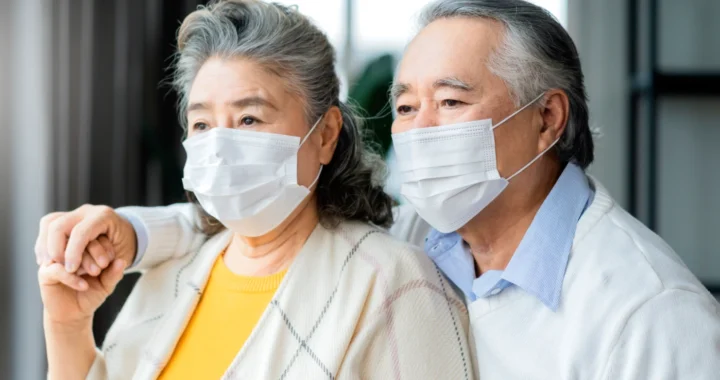 Air Pollution Is Linked to Higher Dementia Risk
Air Pollution Is Linked to Higher Dementia Risk 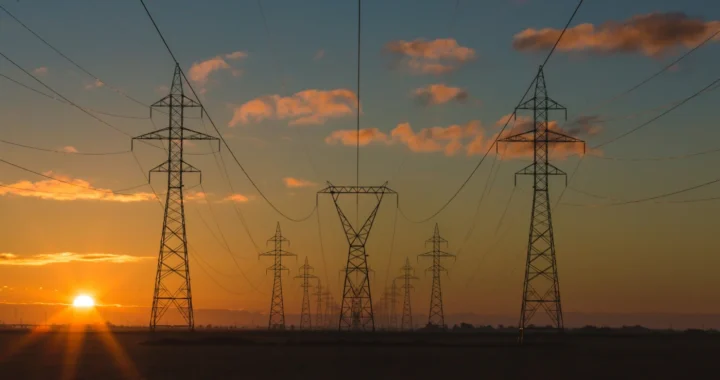 Developing Financing Initiatives for the ASEAN Power Grid
Developing Financing Initiatives for the ASEAN Power Grid 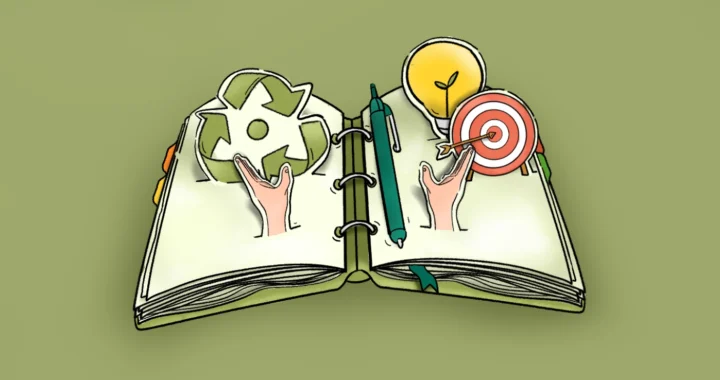 Imparting Actionable Knowledge Through Sustainability Training Activities
Imparting Actionable Knowledge Through Sustainability Training Activities 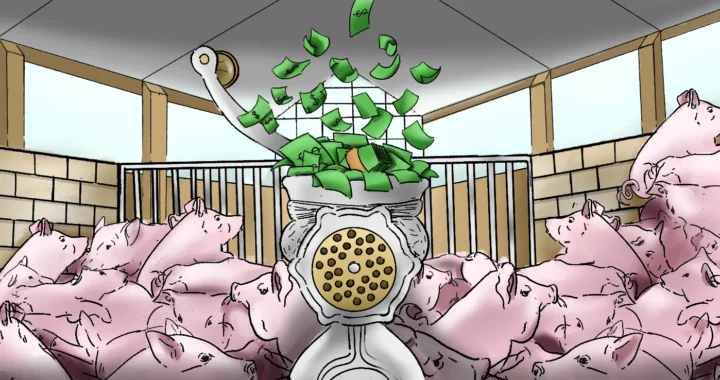 Stop Funding Factory Farming in Vietnam: Pathway to Financing a Just and Sustainable Food System
Stop Funding Factory Farming in Vietnam: Pathway to Financing a Just and Sustainable Food System 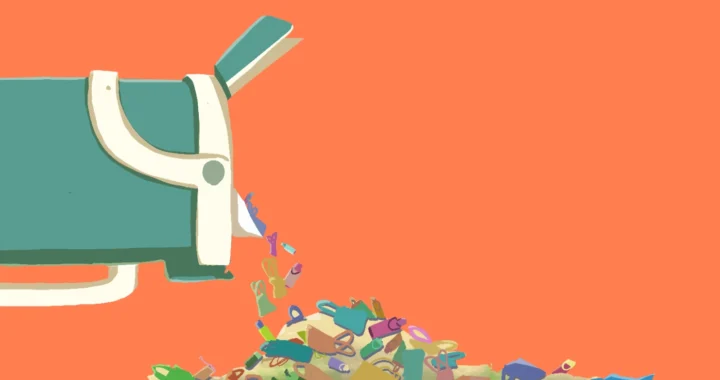 When Green Turns Excessive: The Overproduction and Overconsumption of Reusables
When Green Turns Excessive: The Overproduction and Overconsumption of Reusables 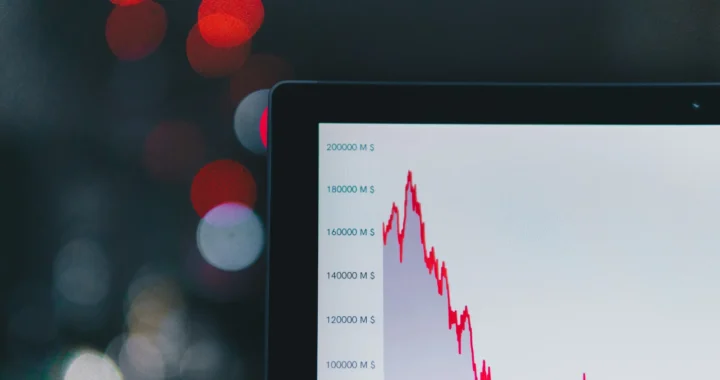 SDG Venture Scaler Aims to Drive Sustainable Investment in Southeast Asia
SDG Venture Scaler Aims to Drive Sustainable Investment in Southeast Asia